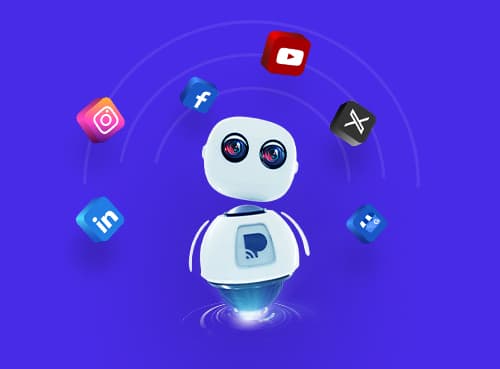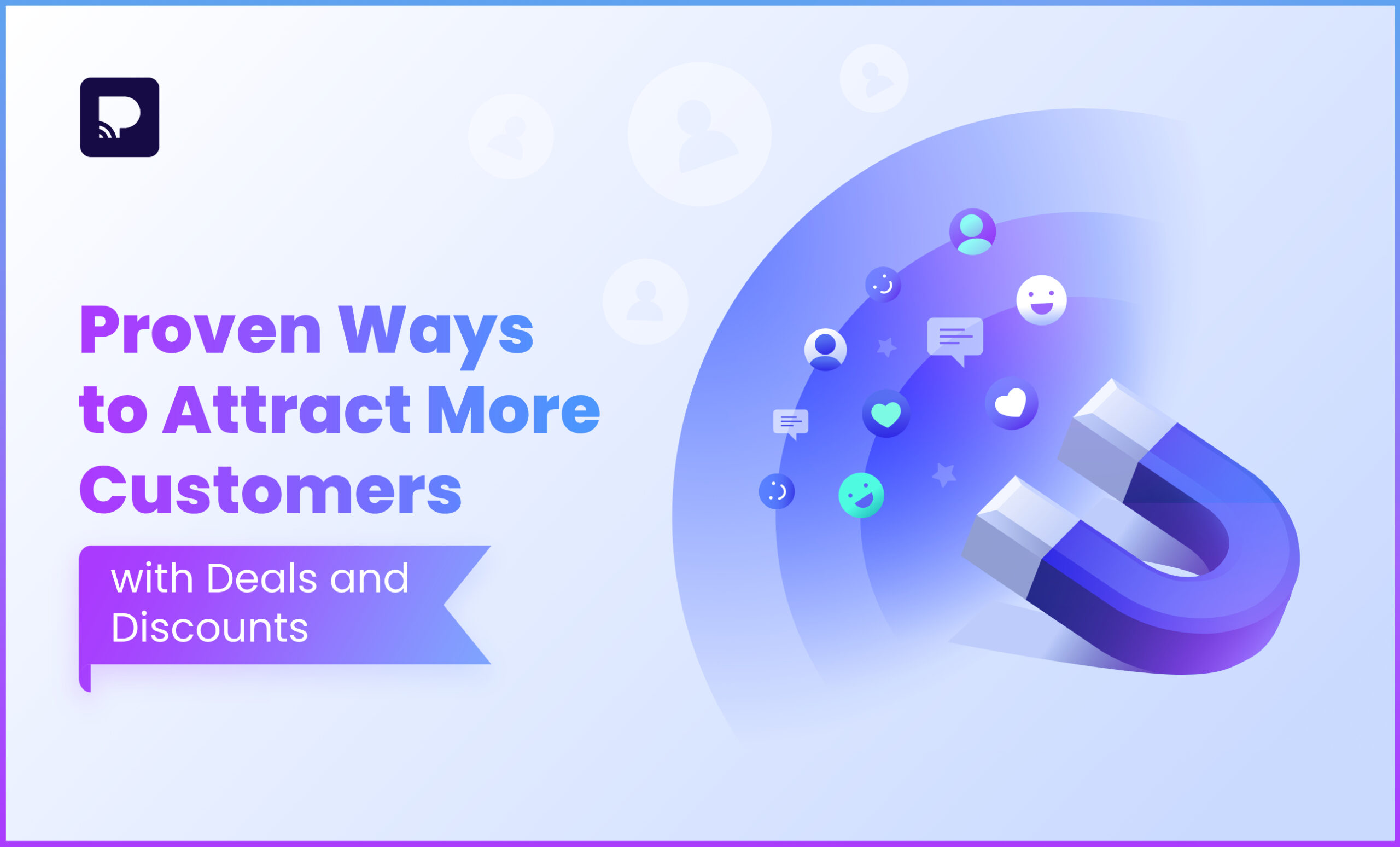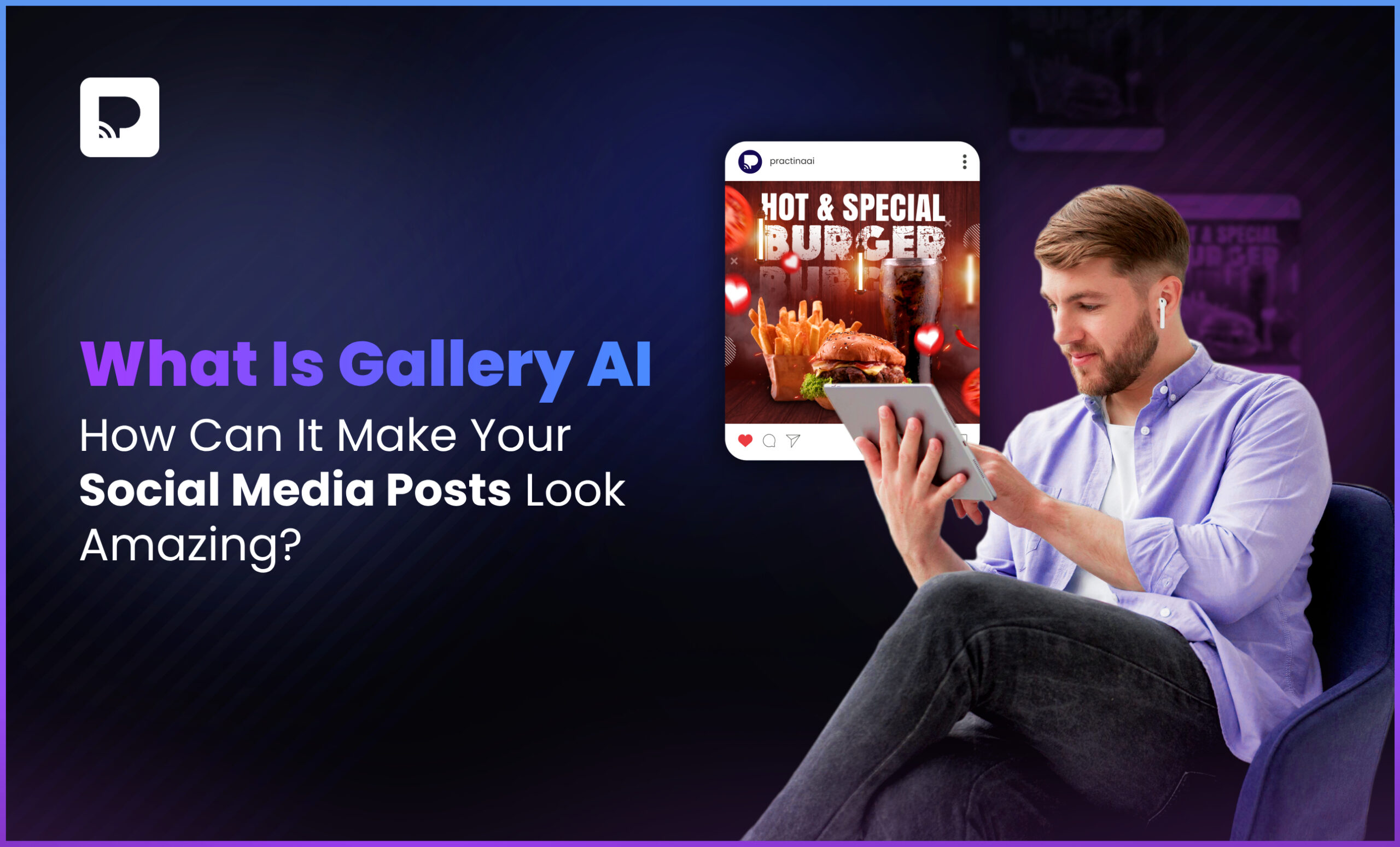Have you ever thought about whether social media is a helpful source for health-related concerns or not?
According to a survey conducted by the National Library of Medicine, about 41% of individuals use social media to make decisions about their healthcare providers. Moreover, 26% of hospitals in the USA are currently using social media in one way or another.
Ever wondered why this percentage keeps going up?
It’s because a bunch of like-minded people are talking about health on social media. This fosters connections and boosts the feeling of trust and belonging among individuals.
Boost your marketing with Practina: Let Practina’s AI Lead the Way!
Try Practina AI Now!Knowing this, more healthcare providers are finding ways to use social media effectively to connect with patients. Not only this, but people rely on social media to connect, and some even use it as a platform to share experiences with doctors and hospitals.
Therefore, utilizing social media in healthcare helps to build a concrete online presence, share reliable information, and engage with people.
This blog will talk about how healthcare providers can increase their visibility on social media. Additionally, we’ll learn about the benefits of incorporating social media in the healthcare sector.
5 Tips for Effective Healthcare Social Media Marketing
1. Post Useful Content to Keep Patients Engaged
Share helpful information with patients by posting blogs, videos, or simple health tips. Keeping your followers informed with quick and easy-to-understand content is a good idea. This is also useful when sharing more information on a topic that people are largely talking about.
Although it’s crucial to develop a robust social media strategy for healthcare content, here are some easy healthcare social media post ideas and tips:
- Share patient success stories.
- Address FAQs.
- Conduct live health sessions.
- Share behind-the-scenes images and videos.
- Post staff photos and encourage them to share them.
- Community outreach and events.
2. Inspire Your Audience With Motivational Posts
When implementing social media in healthcare, remember that your page doesn’t have to be dull or only about facts. After all, you’re part of a fast and impactful field that helps people. So, use your social media to highlight the positive work you do.
These posts give your followers a boost of inspiration and something to feel good about. You can share patient reviews and testimonials to create word of mouth. Similarly, a simple repost with a sincere thank-you message can mean a lot to a patient.
3. Share Infographics to Increase Engagement
Infographics help share important information in an easy-to-remember way. Especially when the content is related to a report or study relevant to your field, use pictures and charts to explain it. You can also team up with creative people to create templates with the look you like. This way, you can create engaging content for your healthcare social media page.
4. Use Health-Related Hashtags
Hashtags are like a must-have on social media. Whether it’s your special hashtag or ones specifically for healthcare, using hashtags does two great things. First, it helps more people see your content. Second, it makes it simpler for your followers to share that content.
Posting content related to special days or weeks with hashtags is a big chance for healthcare providers. For instance, share content for National Health IT Week with #NHITweek as a hashtag.
Almost every topic has its importance so that more individuals can focus on it. This also allows you to engage with a wide range of audiences.
5. Try Posting Behind-the-Scenes
Sharing little glimpses of your everyday activities is important for connecting with followers. You can post pictures of your coworkers or patients.
For example, share photos of yourself at work and discuss what you’re doing that day.
Alternatively, you can share information about your upcoming project and give teaser-like information to your audience. Consequently, this will keep them interested in other things you are doing except healthcare.
Benefits of Social Media in Healthcare
✔ Develops Strong Ties With Patients
Using social media in healthcare helps doctors and patients connect better. It’s like chatting online to answer any questions patients might have. Specifically, when a doctor posts something related to health, people can easily rely on it. Many people aren’t familiar with the causes and symptoms of different health problems. Therefore, sharing informative posts can draw in the right people who want to learn more.
Overall, talking regularly on social media is important for good communication. This helps build a strong relationship between the patient and the healthcare professional.
✔ Promoting a Healthy Lifestyle
Presently, influencers share a lot of content with individuals seeking to enhance their fitness knowledge. Social media platforms bring folks together through virtual communities as well. Through these communities, people share their fitness stories and cheer each other on. Plus, social media is the hub for fitness challenges and campaigns. These initiatives significantly help people make positive changes in how they live.
✔ Increase in Healthcare Accessibility
Doctors used to be the go-to for health information. But now the internet and digital tools have changed that. Social media in healthcare is becoming markedly more popular, which is great for doctors. Now, doctors can talk directly with patients online. Not only can they share their knowledge with more people, but they can also make new medical connections.
For example, through social media, you can share reliable and speedy health tips, educate people about staying healthy, and raise awareness.
✔ Raising Awareness Among People
How would you counter the wrong healthcare-related information?
Undoubtedly, the best option would be spreading awareness and disseminating reliable information to the public.
Together, social media and healthcare can bring attention to different illnesses, trends, and health topics. Also, public concerns can pop up at any time. Hence, social media is great for keeping people informed about the latest news, guidelines, and advice.
✔ Ensures Your Organization Stays Strong
Healthcare providers should use social media because that’s where people in their communities are. By using social media wisely, healthcare can address some of its biggest issues. Top organizations are using social media to connect with communities and build good reputations.
Promoting your healthcare business on social media is important, as it increases the likelihood of being recognized by the public. However, you need the right setup to make it work.
Conclusion
People are still discussing whether using social media for healthcare marketing is okay. But, in today’s high-tech world, modern marketing methods are necessary, replacing older, less advanced strategies.
It is imperative to have a good social media strategy for healthcare services. It requires a lot of effort, but it’s worth it. Using social media in healthcare ensures that the right information gets to people from reliable sources. It also helps spread awareness and makes health professionals more visible.
If unsure about your healthcare social media marketing strategies, you can rely on AI Marketing Tools like Practina. Practina helps generate, schedule, and post while finding the best times to share them with your audience. It also gives useful insights into how your posts are performing.
Why wait any longer? Try Practina and discover how social media marketing can help you build a concrete presence on all socials.
FAQs
Q: How Is Social Media Used in Healthcare?
A: Social media is used in healthcare to improve communication, build awareness, help educate, and increase patient engagement. Healthcare organizations use social media platforms to share information about diseases, preventive measures, and general health tips. Moreover, they share patient reviews and testimonials, promote their services and events, and build their brand.
Q: What Not to Do on Social Media in Healthcare?
A: Consider these tips while sharing content on social platforms:
- Making posts that only highlight your services.
- Not responding to audience questions and comments.
- Disclosing the identity of a patient.
- Focusing solely on one type of content.
- Using paid promotions without understanding the policies.
Q: Which Social Media Platform Is Best for Healthcare?
A: Facebook, Twitter, LinkedIn, Instagram, and many other platforms are a top choice for healthcare providers around the world. They are not only easy to use but also great for sharing information. You just make a business profile, and then you can use it to communicate, reach, promote & share.





